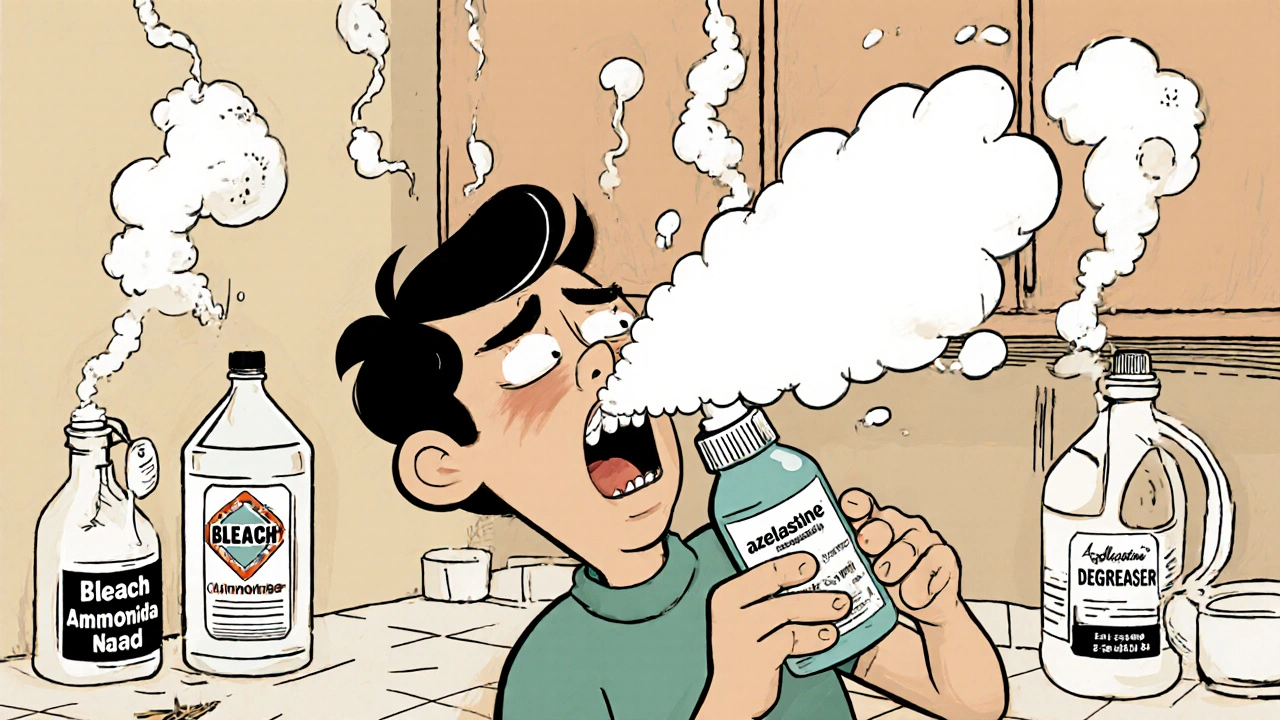Chemical Allergies: What They Are, How They Trigger Reactions, and What to Avoid
When your skin reacts to something in a lotion, soap, or even your laundry detergent, it’s often not just irritation—it’s a chemical allergy, an immune response triggered by specific synthetic or natural compounds in everyday products. Also known as allergic contact dermatitis, this isn’t the same as a food allergy or a cold. It’s your body’s defense system misreading a harmless chemical as a threat, and it can show up hours or even days after contact. Unlike immediate reactions like hives from peanuts, chemical allergies build slowly. You might use a new shampoo for weeks before your neck starts itching, red, and flaking. That’s the hallmark of this kind of sensitivity.
Common culprits include fragrances, hidden mixtures of dozens of synthetic scent chemicals used in cosmetics, cleaners, and even "unscented" products, preservatives, like parabens and formaldehyde-releasing agents that stop mold but often trigger rashes, and metals, especially nickel in jewelry, belt buckles, and even smartphone casings. These aren’t rare outliers—they’re in over 70% of personal care products. Even if you’ve used a product for years without issue, your skin can suddenly decide it’s had enough. That’s because repeated exposure lowers your tolerance threshold. It’s not your fault. It’s how your immune system works.
What makes this tricky is that labels don’t tell the full story. A product labeled "natural" can still contain plant extracts like tea tree oil or lanolin that trigger reactions. "Hypoallergenic" isn’t a regulated term—it’s marketing. You need to know what to look for on the ingredient list, not just the front of the bottle. Many people with chemical allergies end up avoiding entire categories: shampoos, deodorants, makeup, even sunscreens. But you don’t have to give up everything. There are brands that use minimal, tested ingredients, and patches can help you figure out what’s safe for you.
The posts below cover real cases and solutions. You’ll find guides on how to identify hidden allergens in medications, why some antibiotics cause skin reactions, how to read FDA label terms for risk warnings, and what alternatives exist when your body rejects common treatments. Whether you’re dealing with a rash from a new pill, a reaction to a topical cream, or just tired of guessing what’s safe, these articles give you the tools to take control—not just avoid triggers, but understand why they trigger you.

How Azelastine Helps Treat Chemical Allergies
- 20 Comments
- Oct, 30 2025
Azelastine is a fast-acting nasal spray that effectively treats allergy symptoms caused by chemical exposure, offering relief without the drowsiness of oral antihistamines. Ideal for occupational or environmental triggers.




